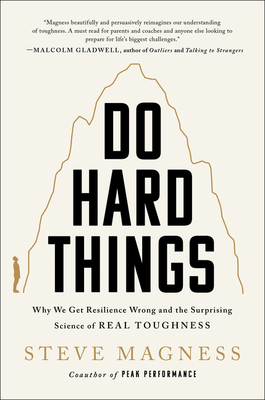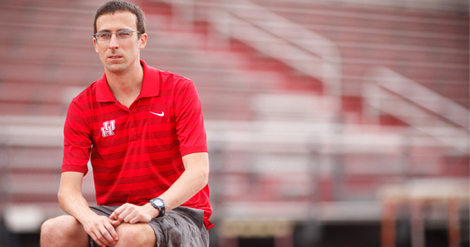What do you think?
Rate this book


320 pages, Hardcover
First published June 1, 2022

"...“Soft.” Female genitalia. Questioning manhood. All actions that clue us in on Knight’s actual definition of toughness, one founded on showing no weakness, bulldozing through obstacles, and utilizing fear to establish authority and control. A version we would now call old-school in an attempt to place distance between such barbaric practices and the present. But it’s an idea that still dominates the playing fields and performance halls of our present. We have a fundamental misunderstanding of what toughness is. And it pervades far more than the basketball courts..."
"...For too long, our definition of toughness revolved around a belief that the toughest individuals are ones who have thick skin, fear nothing, constrain any emotional reaction, and hide all signs of vulnerability. In other words, they are callous.
Compounding our confusion, we’ve resorted to tying toughness to masculinity and an ethos of machismo. The mentality to never show weakness, grind it out, play through the pain. Our vocabulary is telling. We tell our sons and daughters to “man up” or, in much cruder terms that are heard on playing fields across the country, “stop being a pussy.”
"Even in terms of discipline, the area that you would think a demanding style would be successful, it falls short. In one study of over 1,200 parents, authoritarian parenting was linked to a much higher rate of child misbehavior. It even fails in places where it seems a natural fit: the military. In the Israeli military, those who grew up in an authoritarian environment adapted to and coped with the challenges of military life much worse than their peers who grew up in a nurturing environment. The authoritarian style creates the appearance of discipline without actually fostering it.
Somewhat ironically, teaching, parenting, or coaching for this version of “toughness” creates fragile and dependent individuals. What does a child who was taught to follow the rules unquestioningly out of fear do when a parent isn’t there to dictate his behavior? What does an adult who was taught to rely on fear for motivation do when left to her own devices in the real world? What does a football player who learns to push himself only when a coach is screaming in his face do when it’s him alone on the field?"
"When life feels like it’s spinning out of control, or like the task you have in front of you is insurmountable, it’s easy to default to hopelessness. To “What’s the point?” That’s natural. Your body evolved to conserve energy. We need to train hopefulness. To clear the path to continue. It doesn’t take big heroic efforts to train hope.
Small signals that you are in control, that you can have an impact, will be enough to turn our prefrontal cortex back on."